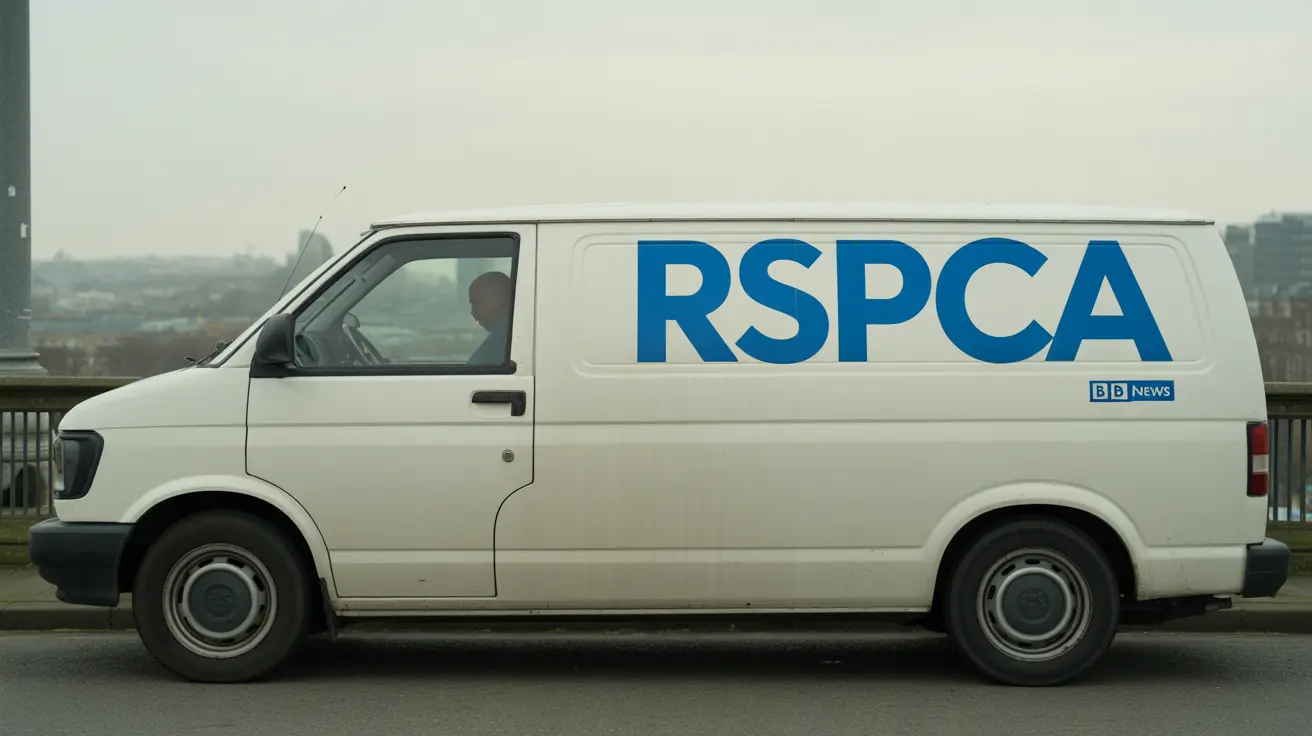A recent animal neglect conviction in the UK has resulted in a decade-long ban on pet ownership for a Bridgwater couple following a thorough RSPCA investigation. Michelle Powell and Daniel Powell were found guilty of animal welfare violations, highlighting the serious legal consequences of pet neglect in Britain.
The case represents a significant enforcement action under UK animal welfare laws, demonstrating authorities' commitment to protecting vulnerable animals and holding negligent owners accountable. This conviction serves as a reminder of the legal obligations pet owners have to provide proper care for their animals.
RSPCA's Investigation and Enforcement Role
The RSPCA, Britain's leading animal welfare organization, conducted the investigation that led to the Powells' conviction. As the primary enforcement body for animal welfare in the UK, the RSPCA plays a crucial role in investigating reports of neglect and building cases against those who fail to meet their pets' basic needs.
Legal Framework Under the Animal Welfare Act
The case was prosecuted under the UK Animal Welfare Act 2006, which establishes clear standards for animal care and provides courts with various sentencing options, including ownership bans. This legislation serves as the cornerstone for animal protection in Britain, setting forth both the responsibilities of pet owners and the consequences for failing to meet them.
Prevention of Repeat Animal Abuse
The 10-year ban imposed on the Bridgwater couple represents one of the strongest preventive measures available under UK law. Such prohibitions aim to protect animals from future harm by legally preventing convicted offenders from acquiring new pets during the specified period.
Enforcement Mechanisms
The enforcement of ownership bans relies on:
- Regular monitoring by animal welfare authorities
- Cooperation between local agencies
- Community reporting of violations
- Legal consequences for breach of court orders
Signs of Animal Neglect to Watch For
While this case serves as a cautionary tale, it also reminds pet owners and community members about the importance of recognizing potential animal welfare issues. General indicators of neglect may include:
- Poor physical condition
- Lack of basic necessities
- Inadequate living conditions
- Untreated medical issues
Frequently Asked Questions
What are the typical legal consequences for animal neglect in the UK?
Courts can impose various penalties including fines, imprisonment, and animal ownership bans. The severity depends on the case specifics, with bans potentially lasting several years or even life in serious cases.
How can someone report suspected animal neglect to the RSPCA?
The RSPCA maintains a dedicated cruelty line for reporting concerns. When reporting, it's important to provide specific details about the location, animals involved, and nature of suspected neglect. Photographic evidence, when safely obtained, can be helpful.
What prevents banned individuals from acquiring new animals?
The ban is legally enforceable, with violations potentially resulting in additional penalties. Local authorities and animal welfare organizations maintain records of banned individuals, and legitimate pet suppliers typically conduct necessary checks before transferring animals to new owners.
Conclusion
This Bridgwater case underscores the serious approach UK authorities take toward animal neglect. It serves as both a warning to pet owners about their legal responsibilities and a reminder of the robust system in place to protect animal welfare. Pet owners must understand that caring for animals comes with legal obligations, and failure to meet these standards can result in significant consequences.
For those considering pet ownership, this case emphasizes the importance of understanding and preparing for the responsibilities involved in animal care. Communities play a vital role in animal welfare by remaining vigilant and reporting concerns to appropriate authorities.






